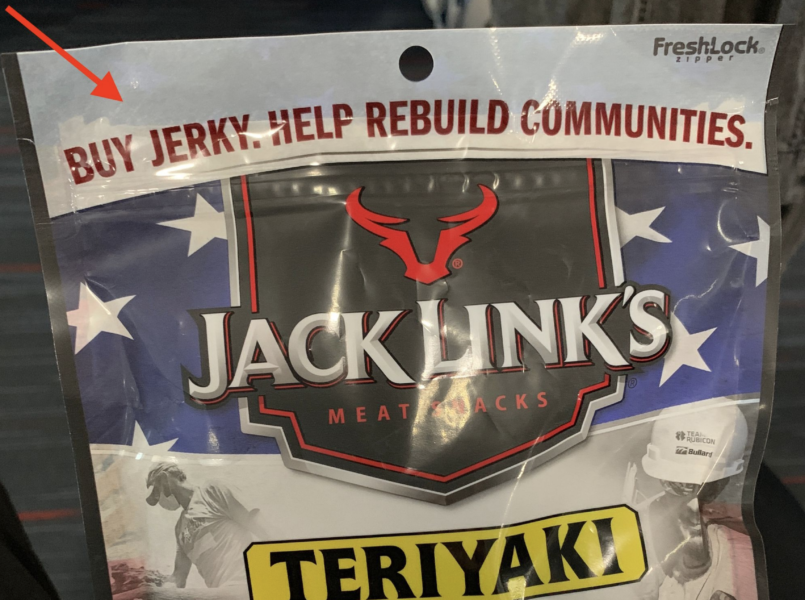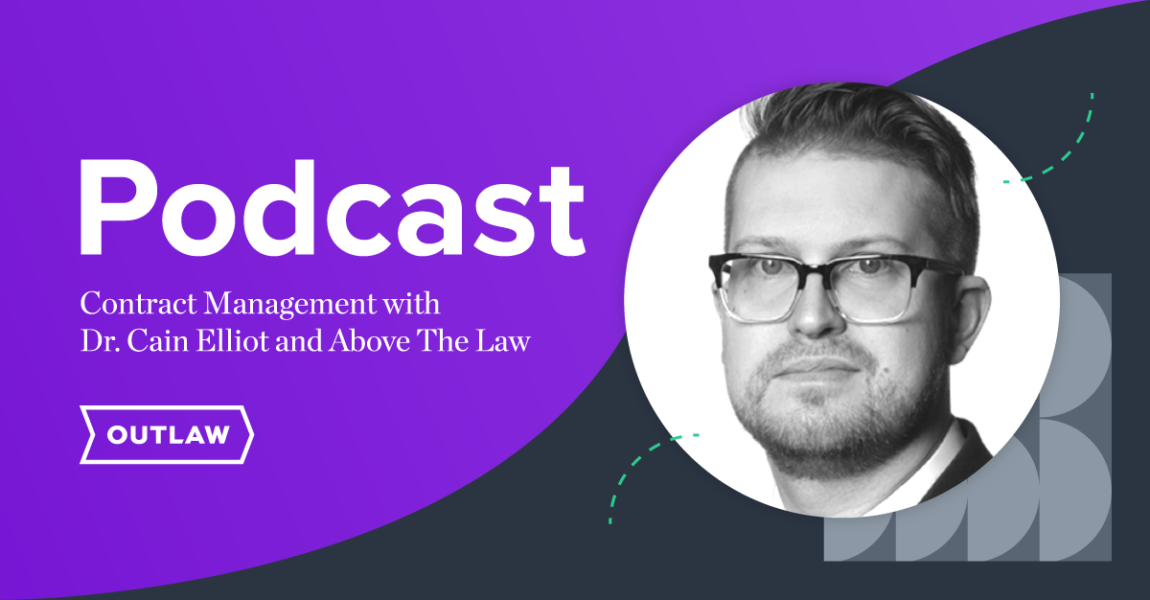I’ve always thought of myself more as a builder than a seller, but it recently struck me that as a startup co-founder, I’m constantly selling stuff. I’m selling our vision and team culture to prospective employees, selling shares of the company to investors, and, of course, helping our sales team sell our product to customers – and that’s just a small sample of the many dealmaking scenarios.
What’s more, I’ve noticed that not only is the sales process highly homogenized across these diverse circumstances, but the requirements for effecting a sale – for “getting to yes” as they say – are identical. So I thought I’d share what I’ve found to be the three essential elements of any sale.
1. Check the boxes
This may seem obvious, but if someone is hiring for a mobile app developer role, and you’re a dermatologist, you’re probably not going to get the job. (Unless of course you’ve been taking Codecadamy classes on nights and weekends and got 10,000 downloads last week of your first app on the app store, but in that case, you already are a developer!)
Whatever you’re selling needs to check enough boxes to believably fit into the category of whatever your buyer is looking to buy. Even the phrase “snake oil salesman” alludes to this reality: the reason the proverbial snake oil (whatever that even is?!) sells is that it looks like medicine, and so the salesman can credibly hawk it to buyers with ailments. Even the best snake oil salesmen won’t be very successful targeting customers in line at the butcher shop.
Related: Q4 Sales Tips: How to Get Your Contracts Signed By Year End
2. Surprise and delight
Whatever you’re selling, in whatever market you’re selling it: it’s a big world out there and there’s a lot of competition. That doesn’t mean you have to be a unicorn in order to close a deal, and in most markets of any size there’s room for a few leaders, not just one. Still, there’s got to be something special that sets you apart from most of the others, some reason for a buyer to remember you and come back. Without this, even if you do happen to get a sale today, you’d better get ready for terrible churn and crippling anxiety, because you’re replaceable tomorrow. Even goods and services that are generally understood to be commodities are constantly touting the traits that make them special.

3. Make them like you
Ah, the wildcard. Us humans are emotional beings, and at least for a little while longer, humans are still in charge of most purchasing decisions. All robot fearmongering jokes aside, though, if you’re tied with the competition on the other two points above, but the buyer just personally likes you more, YOU WIN. Period. Now, unfortunately, how to make someone like you is beyond the scope of this (or any singular) blog post, so I’m not going to get into tips & tricks here, though this is probably a good place to start: don’t be an asshole.
Three Choose Two
I’ve never closed the sale when just 1 (or 0, duh) of 3 of these conditions are true. If that’s the case, I probably don’t make it past 5 minutes in a first conversation.
Probably also obvious but still worth noting: I’ve almost always (maybe 90% of the time) closed the sale when all 3 conditions are satisfied. These are the cases where everything is just magically aligned, no red flags, all systems go. Things can still of course blow up sometimes due to external factors (e.g., your champion at the prospect org gets fired), but for the most part, it’s happening. If you feel like all 3 of these elements are present, chances are you just need to quell the inner anxiety demons that cause self-sabotaging behavior (like emailing your buyer 4 times a day – that’ll start to degrade point #3 above) and be patient – they’re gonna sign.
But where things get really interesting is in that space in between the two ends of the spectrum, in the majority of the area beneath the bell curve: I’ve sometimes (maybe 30% of the time) closed the sale when 2 of 3 of these conditions are met. This is particularly important to recognize, because it leads to two realizations:
First, it means that it’s possible to win a sale without winning on every count! For a startup, or an underdog of any sort really, this is very comforting, because it can sometimes feel like you need to be all things to all people in order to get anywhere, but that’s simply not what the data says. I frequently hear our sales team talk about funnels and conversion ratios and use the phrase, “It’s a numbers game” – because it is! Turns out you don’t need to win ‘em all; you just need to win some, and with enough grit and charm there’s a good chance you can do that, even in a crowded market where getting noticed is an uphill battle. (That said, update from mid-flight: this jerky is genuinely delicious).
Which brings me to my second and more important realization: likeability is a superpower because it stacks the deck. If people like you right out of the gate, then you’ve banked one condition already, and now the odds change dramatically: you no longer need to meet 2 of 3 conditions in order to have a reasonable chance of success; you only need to meet 1 of 2.
This means that if people like you, then whatever you’re selling can either check all the boxes or surprise and delight your buyer. Either way you’ll have a fair shot at closing the deal, plus they’ll return your calls and emails throughout the sales process because, well, they’re human and they enjoy interacting with you. And in those special cases where you manage to both check all the boxes and surprise and delight your buyer, that’s not 2 of 2, it’s 3 of 3: you’re gonna close, I can feel it.



